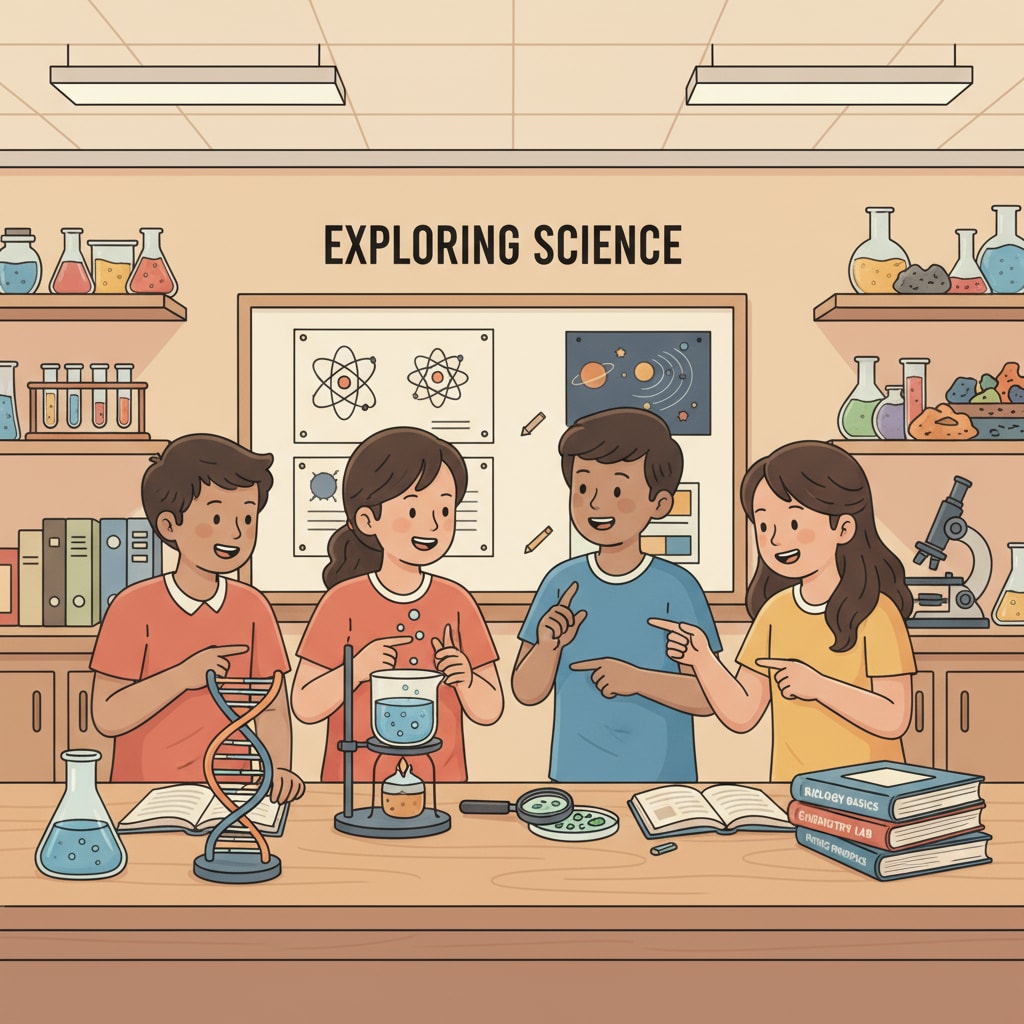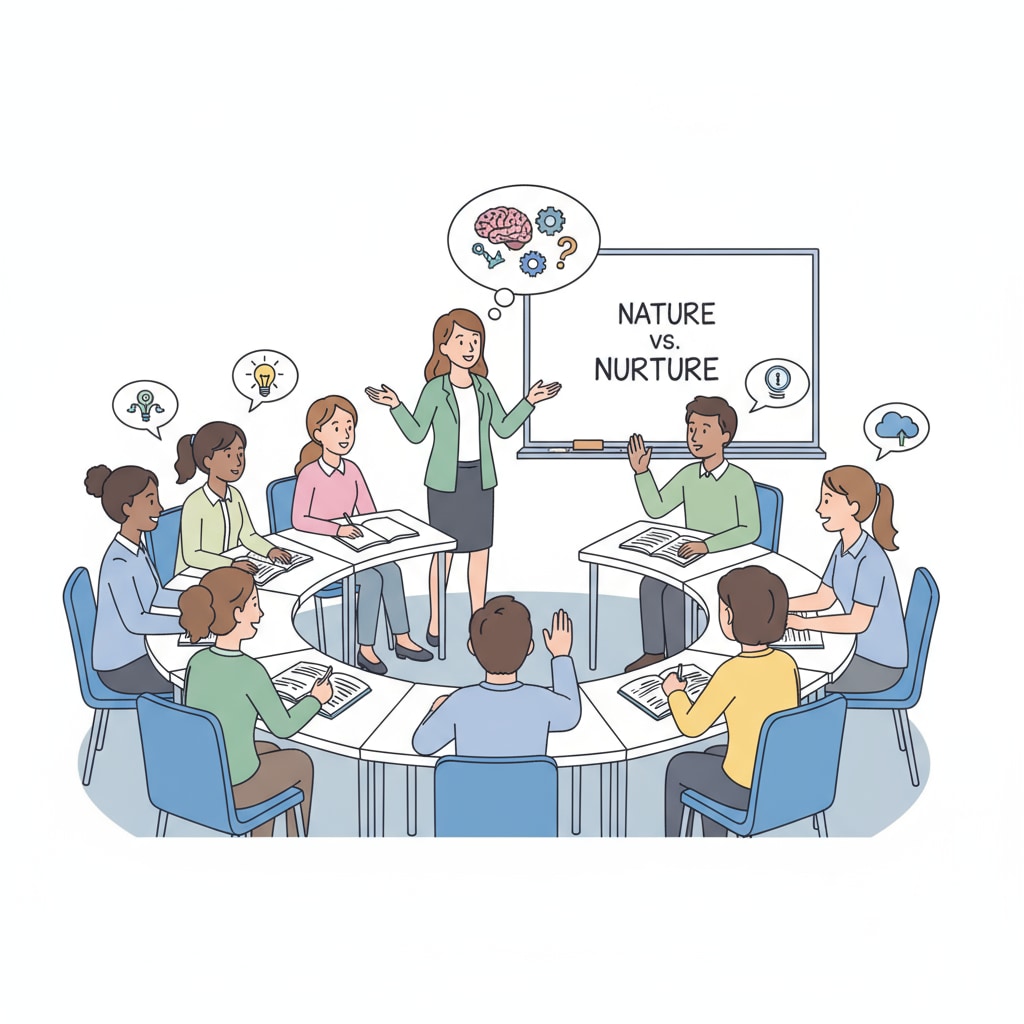Forensic psychology, college pathways, and career planning are crucial aspects for students dreaming of becoming forensic psychologists. The journey to this fascinating career starts as early as the K12 stage. Forensic psychology combines the fields of psychology and the law, applying psychological principles to legal issues. If you’re interested in this unique profession, here’s how you can start preparing from K12.
Building a Strong Foundation in K12
During the K12 years, it’s essential to focus on building a well-rounded academic foundation. Take courses in science, especially biology and chemistry, as they provide a basic understanding of the human body and biological processes. This knowledge is useful when dealing with aspects like criminal behavior and mental health in forensic psychology.

Additionally, English and social studies courses are vital. English helps improve communication skills, which are essential for writing reports and presenting findings in court. Social studies, such as history and geography, offer insights into human behavior and society, which are fundamental to understanding criminal motivation. For example, understanding historical crime trends can give you a broader perspective on modern criminal behavior. According to Forensic Psychology on Britannica, a solid liberal arts background forms the basis for further study in forensic psychology.
Exploring Psychology in High School
High school is an excellent time to start exploring psychology more directly. Many high schools offer introductory psychology courses. These courses introduce basic psychological concepts like human development, learning, and personality. Taking such courses can give you a taste of what psychology is all about and whether you have a genuine interest in it.

You can also participate in extracurricular activities related to psychology, such as joining a psychology club or conducting independent research projects. These experiences not only deepen your knowledge but also show your commitment and passion for the field. As you progress, you’ll realize how psychology intersects with the legal system, which is the core of forensic psychology. As per Forensic Psychology on Wikipedia, early exposure to psychology concepts helps in better understanding of forensic psychology later.
As you move towards college, start thinking about the college majors that can lead you to a career in forensic psychology. Some common majors to consider include psychology, criminal justice, and sociology. A psychology major provides in-depth knowledge of psychological theories and research methods, which are essential for understanding criminal behavior and mental states. A criminal justice major, on the other hand, focuses on the legal system, law enforcement, and the criminal process. Sociology helps you understand the social factors that influence criminal behavior. All these majors provide different but complementary perspectives to forensic psychology.
Readability guidance: We’ve used short paragraphs to make the information more digestible. Each section provides key points about preparing for a forensic psychology career from K12. Transition words like “additionally” and “for example” have been used to make the flow smooth. The images help to visually represent important aspects of the journey to becoming a forensic psychologist.


